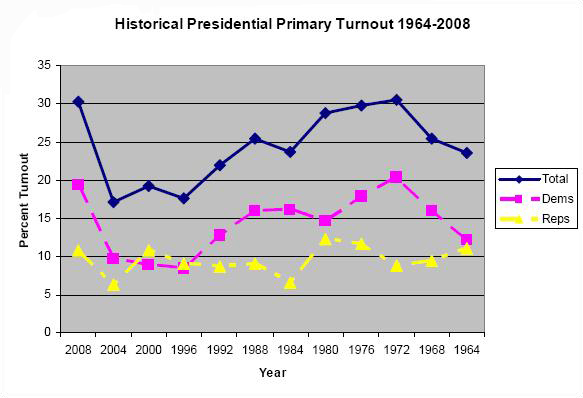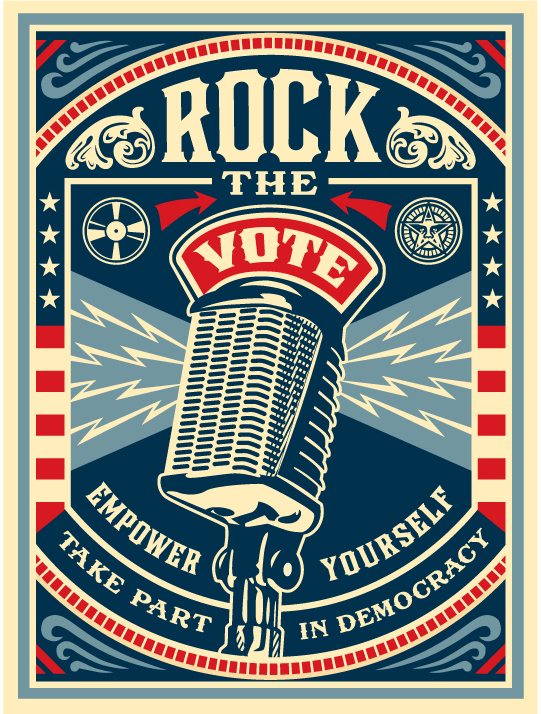VOTERS AND VOTER BEHAVIOR
People who have struggled to win the right to vote know how important it is. Although, since 1789, suffrage has expanded to include many more people-- notably African Americans and women-- many Americans do not exercise this important right. A variety of factors influence whether and how people vote.







